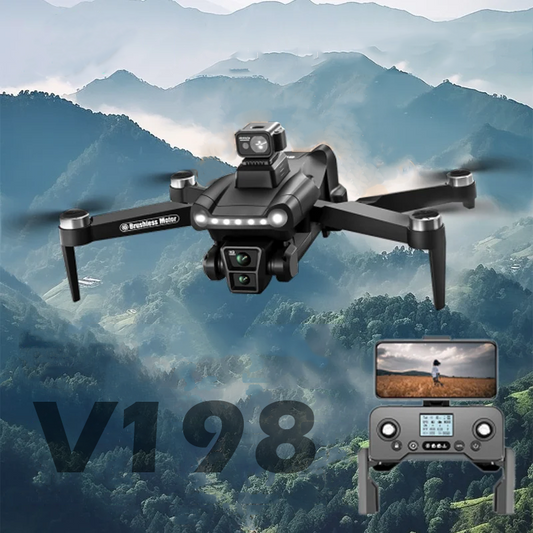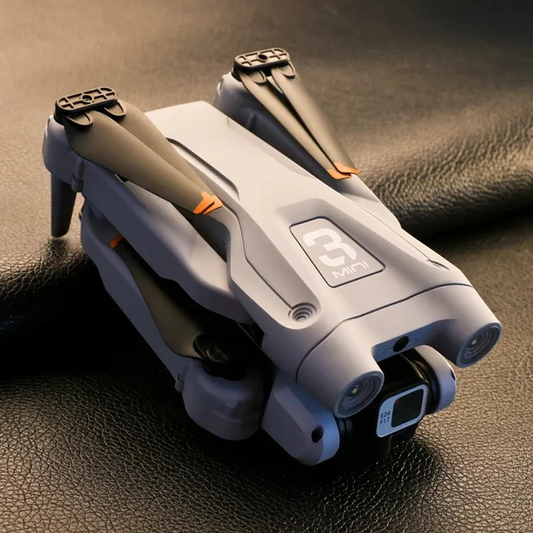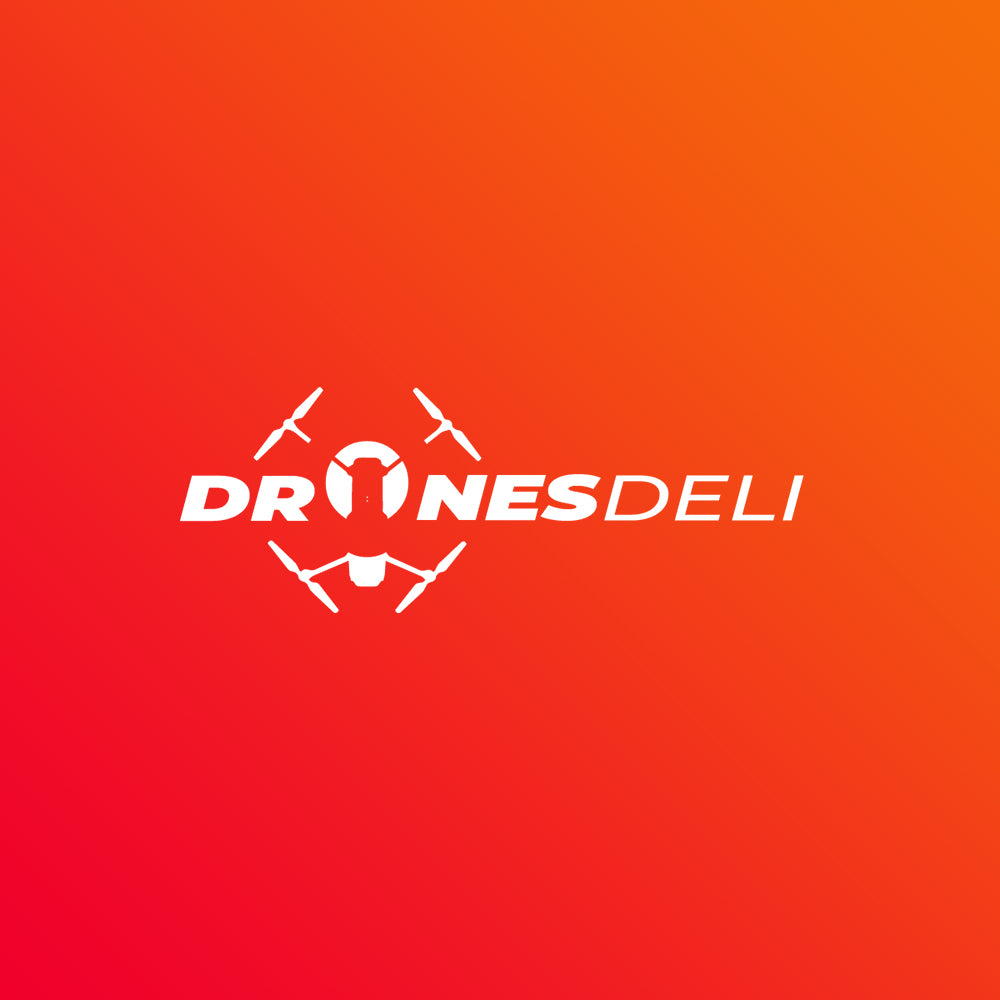The Role of Drones in Advanced Horticulture Practices

In today's ever-evolving technological landscape, drones have emerged as more than just recreational gadgets or tools for aerial photography. These unmanned aerial vehicles (UAVs) are increasingly finding their place in various industries, including agriculture. Advanced horticulture, in particular, is experiencing a significant transformation thanks to the integration of drone technology. In this article, we'll explore the myriad ways drones are revolutionizing horticulture practices, enhancing efficiency, sustainability, and yield.
Understanding Advanced Horticulture

Before delving into the role of drones, it's essential to grasp the concept of advanced horticulture. Unlike traditional farming methods, advanced horticulture involves precision agriculture techniques that maximize productivity while minimizing resources. This includes meticulous planning, precise irrigation, controlled environment agriculture (CEA), and integrated pest management (IPM).
Drones: A Game-Changer in Horticulture
1.Aerial Surveillance and Mapping:

Drones equipped with high-resolution cameras and sensors offer a bird's eye view of agricultural fields. They can capture detailed images and data, allowing farmers to monitor crop health, detect pests and diseases, and assess soil conditions. Through advanced mapping techniques, drones generate accurate field maps, enabling farmers to make data-driven decisions regarding planting, irrigation, and fertilization.
2.Precision Spraying and Fertilization:

Traditional methods of spraying pesticides and fertilizers often result in wastage and environmental contamination. Drones equipped with precision spraying systems can target specific areas with utmost accuracy, minimizing chemical usage and reducing the risk of runoff. This targeted approach not only improves crop health but also promotes environmental sustainability.
3.Crop Monitoring and Management:

Drones equipped with multispectral or hyperspectral cameras can capture detailed images beyond the visible spectrum. This enables farmers to analyze plant health indicators such as chlorophyll levels, water stress, and nutrient deficiencies. By identifying potential issues early on, farmers can take proactive measures to optimize crop growth and yield.
4.Disease Detection and Control:

Early detection of diseases is crucial in preventing widespread crop damage. Drones equipped with thermal imaging cameras can detect subtle temperature variations associated with disease outbreaks. By pinpointing affected areas, farmers can implement targeted interventions such as selective spraying or quarantine measures, minimizing the spread of diseases and preserving crop integrity.
5.Crop Pollination:

In environments where natural pollinators are scarce, drones can serve as efficient pollination agents. Equipped with pollen dispensers, drones can navigate through fields, facilitating the pollination process and ensuring optimal fruit set and yield. This innovative approach mitigates the risks associated with declining bee populations and ensures consistent crop production.
Benefits of Integrating Drones in Horticulture

a. Increased Efficiency: Drones streamline various agricultural tasks, reducing the time and labor required for monitoring, mapping, and maintenance activities.
b. Enhanced Sustainability: By minimizing chemical usage, optimizing resource allocation, and promoting ecological balance, drones contribute to sustainable agricultural practices.
c. Improved Yield and Quality: The timely detection of issues and precise interventions facilitated by drones result in healthier crops, higher yields, and superior produce quality.
d. Cost Savings: While initial investment in drone technology may seem significant, the long-term cost savings achieved through optimized resource management and reduced crop losses outweigh the expenses.
Overcoming Challenges
While drones offer immense potential in advanced horticulture, several challenges need to be addressed for widespread adoption:
i. Regulatory Hurdles: Strict regulations governing UAV operations, especially in populated areas or airspace, can limit the deployment of drones in agricultural settings.
ii. Technological Limitations: Despite advancements, drone technology still faces limitations in terms of battery life, payload capacity, and data processing capabilities.
iii. Skill Requirements: Operating drones and interpreting aerial data require specialized skills and training, posing a barrier for some farmers.
In conclusion, drones are poised to revolutionize advanced horticulture practices, offering unprecedented opportunities for efficiency, sustainability, and innovation. From aerial surveillance and precision spraying to crop monitoring and pollination, drones empower farmers to make informed decisions and optimize agricultural outcomes. As technology continues to evolve and regulatory frameworks adapt, the role of drones in horticulture will only grow, ushering in a new era of precision farming and sustainable food production. Embracing these technological advancements is not just a choice but a necessity for meeting the challenges of feeding a growing global population while safeguarding the planet's resources for future generations.
Explore a variety of drones at our online drone store.
Happy Flying!









